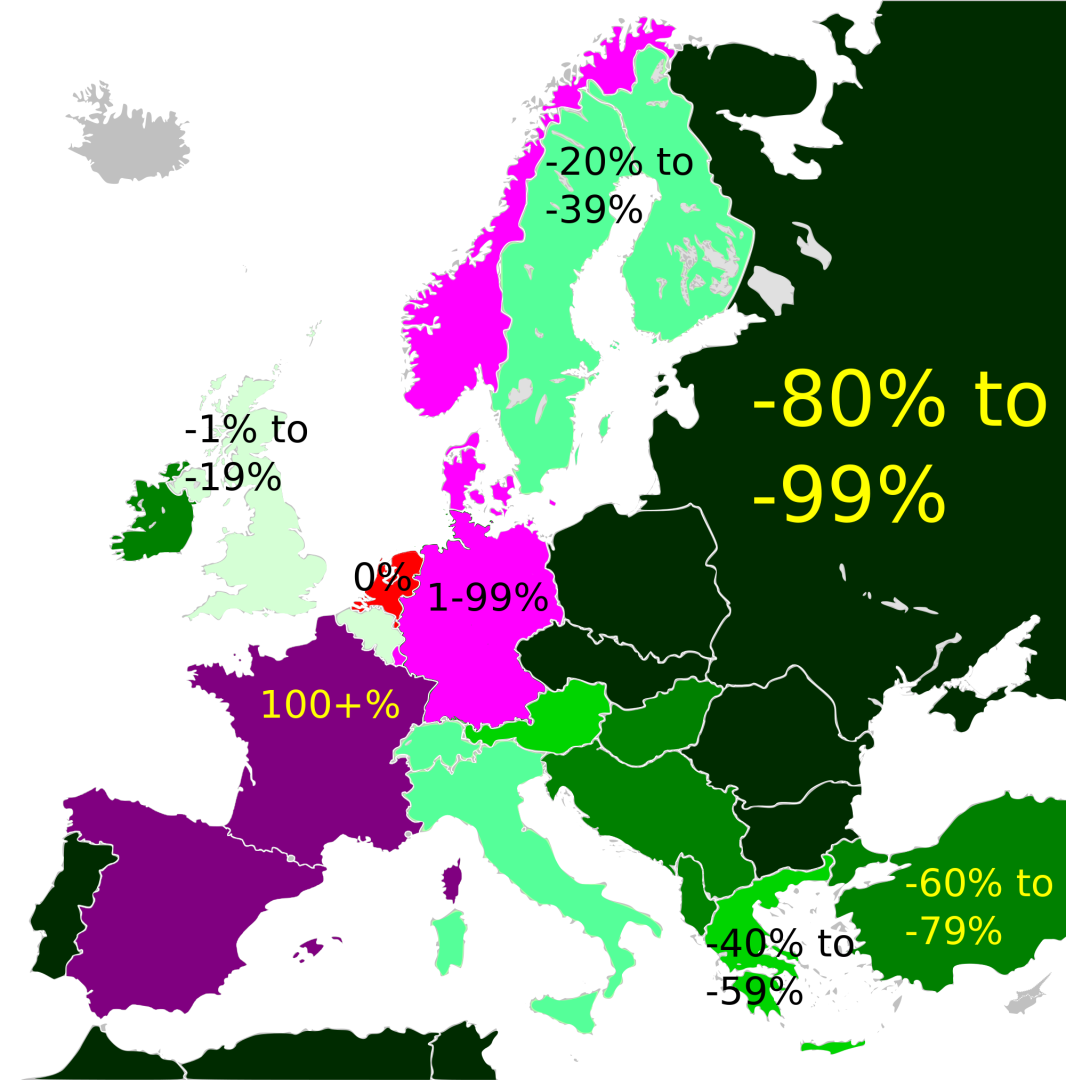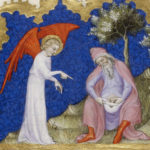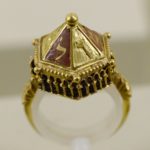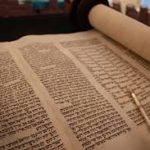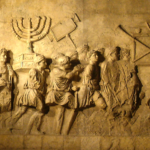(Holocaust Remembrance Day is highly controversial in England. My former writing professor, Julia Pascal, made a film concerning Holocaust survivors in order to raise support.)
The women’s eyes glistened as they watched themselves on the screen. I was surprised at their lack of emotion; either they were experts at concealing their memories or they were used to the horror stories. I watched in awe as they answered questions as if they no longer cared.
One spectator leaned forward in earnest: “Being black, I know what it feels like to be discriminated against,” she said. “Are you ashamed to be Jewish in England?”
The question shocked me. What kind of question is that? The two Holocaust survivors shook their heads, and Julia responded, “Being Jewish is like having brown eyes. It’s simply a fact.” Again I was aghast. Since I was old enough to understand the importance of faith, I took pride in my religion and listed it as the first part of my identity. I have never understood those who reject the idea of G-d. My faith has always been something on which to fall back, a safety blanket when the going gets rough.
I listened to the women’s stories. Rita Rosenbaum, a child refugee of the Holocaust told the story of her family’s escape to Britain. She recalled her father’s words as her family set foot on English soil: “Draw a line that’s it.” Rita’s life as she knew it was over; she and her family were beginning anew. Her friends, her home: gone. She was starting again in a place where her heritage would not kill her. According to the number of deaths about six million, not everyone was quite as lucky.
So was she ashamed of being Jewish today?
Rita responded with a tentative “no,” but I could see that she had been here before. Such a concept is unfathomable to me. Ashamed of brown hair? Ashamed of eating latkes on Channukah and gefilte fish on Passover? Ashamed of saying the Mourner’s Kaddish for the dead? I still cannot wrap my mind around it. Judaism is one of the most important aspects of my life; it draws me into an automatic community and provides me with a sense of stability no matter where I am. And yet Rita is still unsure, even though sixty years have passed since Hitler declared all of those things unnatural. And for what: corrupted nationalism that required flesh and blood to survive.
On my journey home, I reconsidered my rationale concerning my faith.
“Why am I Jewish?” I asked myself silently while riding the rickety escalator down into the depths of Kings Cross tube station. So my religion provides me with a notion of extended family, but is it a reason even greater than that? Yes. I realized that, since the Holocaust, being Jewish has become a civic duty. Not only does it require the practice of ancient traditions and the devotion to monotheism, but it has also adopted a sense of remembering.
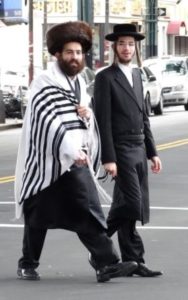 I remember having a similar feeling at my first Tisha b’Av service. I was only nine years old, and it simply consisted of candle lighting and repeating the Mourner’s Kaddish after singing a few songs in the minor keys, but that’s still something. I was too young to understand the importance of such a holiday I wasn’t around for the two separate occasions where the Temple of Jerusalem was destroyed, and the Spanish Inquisition didn’t affect me, but I had heard of the Holocaust and its effect on my people. I remember leaving the service with a strange sense of courage similar to the one I felt after the seminar. After letting the feeling dwindle under my skin, I realized that this, this sensation, was the reason why I am a Jew.
I remember having a similar feeling at my first Tisha b’Av service. I was only nine years old, and it simply consisted of candle lighting and repeating the Mourner’s Kaddish after singing a few songs in the minor keys, but that’s still something. I was too young to understand the importance of such a holiday I wasn’t around for the two separate occasions where the Temple of Jerusalem was destroyed, and the Spanish Inquisition didn’t affect me, but I had heard of the Holocaust and its effect on my people. I remember leaving the service with a strange sense of courage similar to the one I felt after the seminar. After letting the feeling dwindle under my skin, I realized that this, this sensation, was the reason why I am a Jew.
The same reaction occurred as I walked through the Holocaust Exhibit at London’s Imperial War Museum this past March. I walked into a room that focused on Auschwitz. There was a full-scale model of the camp in the center; it was brilliantly white in color. I stood in the dark space and squinted in at the little huts and watchtowers. It looked too clean, too holy. I circled the model and read the little information paragraphs along with the signs. I reached the last stanza: “As the men were ripped from their belongings and prepared for their tattoos and haircuts, one man began singing Hatikvah. Soon, the words began to swell in volume as more and more men joined in.” I looked up and found myself next to a showcase of shoes, and I began to cry.
Why I am a Jew?
Many of the newer Reform Siddurs have a prayer in English entitled “Why I am a Jew.” Well, I am a Jew because I can be. It may sound spiteful, but the words are much deeper than that. I am a Jew because I can be when others weren’t allowed. I am a Jew for all of the people during the Spanish Inquisition, the Russian Pogroms, and the Holocaust who were persecuted for doing what I take for granted every day. Had the heavy black woman in the corner of the conference room asked me if I was ashamed, I would have straightened my back and shoved my oddly-shaped nose in the air in defiance. “Why should I be?” I would have asked her. “Are you ashamed of being black? Are you ashamed of being a woman? Both groups have suffered as well; would you turn your back on them because of it?”
So do I think Holocaust Day should exist?
Of course, I do! What an absurd question to ask! I understand the motives behind the question: the Jews are not the only people who have suffered as a result of their background. But when have we ever seen such planned, merciless, mechanical killing? The idea that society needs to be purged of those deemed impure due to their beliefs (as well as those criticized for their appearance, sexual orientation, or their handicaps) is so outrageous that even a commemorative day doesn’t come close to doing it justice.
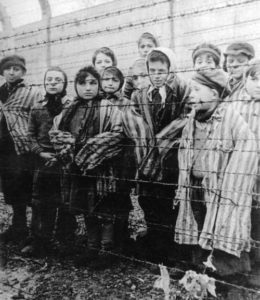 To those who believe that donating one day to those who suffered (when there are still 364 left in the year to use to their liking), I shake my head in disgust. I apologize to the Muslims who feel neglected, but there are plenty of other days for them to claim for their memories.
To those who believe that donating one day to those who suffered (when there are still 364 left in the year to use to their liking), I shake my head in disgust. I apologize to the Muslims who feel neglected, but there are plenty of other days for them to claim for their memories.
I may sound selfish but had the world looked at Rita Rosenbaumhad they seen her sadness enveloped in the folds of her aging skin and the leftover traces of terror in her elderly eyesight would understand my outburst. Not only does Holocaust Day commemorate those who lost their lives because they were Jews, it celebrates those who survived in order to continue traditions that predate Christ. No matter what happens, Judaism will survive through brave people like Rita; let the world (or at least England) rejoice in her bravery. I am a Jew for Rita Rosenbaum, and I am a Jew for all of those who lost their lives defending my religion.

